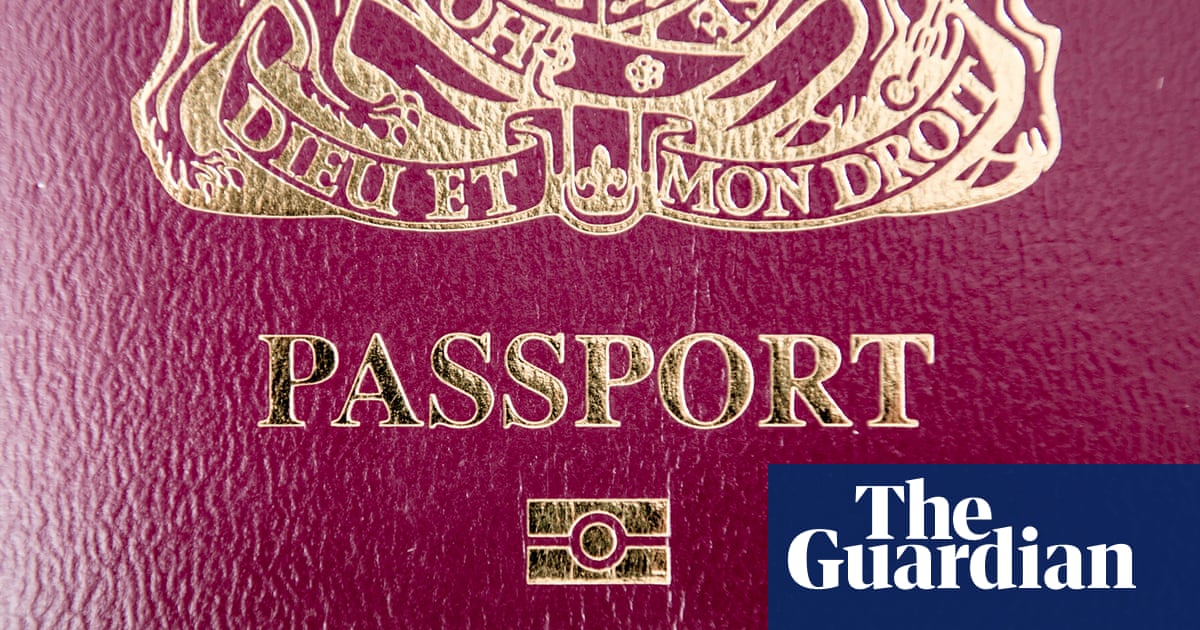
UK unemployment is expected to climb over the next few months from one of the lowest in the developed world, at 3.9%, to a much higher level. The Bank of England has warned that the rate could more than double to 9%.
Official figures released on Tuesday, covering the jobs market in April and May, showed the number of UK payrolls fell by more than 600,000 between March and May, as the impact of the Covid-19 crisis begins to feed through to the official jobs figures.
The Guardian has spoken to workers who were made unemployed and lost work in March and April.
Izabela Ceckowska, 32, waitress, Oxfordshire
Ceckowska said she took a week off from 16 March and was planning to visit Poland to see her family but her company instructed her not to because of the risk of contracting coronavirus while travelling.
“But then they called me and terminated my contract at the end of the week after a year of working for them,” she said.
“I felt really shit, far away from home, with no family or anyone I could get help from; and I couldn’t go home because restrictions had been placed on arrivals to Poland and I did not want to jeopardise my parents’ milk business.”
Ceckowska said she received £74 a week in jobseeker’s allowance, but no other support – after working in the UK for nine years. “It’s been a very stressful situation but I am not alone,” she said.
Robert Elkin, 31, actor, Glasgow
In the arts, Elkin said he was due to start rehearsals for a show on 17 March but the production was cancelled and after four weeks of unemployment – without government support or universal credit (UC) – he got a job at a supermarket, but soon quit because of unsafe working conditions.
“I had taken the minimum wage job, possibly quite naively, to do my bit helping get food and essentials to those unable to leave the house,” he said, adding that the confined spaces he and his colleagues had to work in meant they were unable to adhere to physical distancing guidelines.
“We often found ourselves within 2 metres of four people or more, handling products which had already passed between the hands of many others before being sent to customers,” Elkin said.
“I’ve since had two more theatre jobs cancelled and can’t see my acting career returning to normal any time soon.”
Sharon Jenson, 44, childminder, Kent
Jenson said the past 11 weeks without any work had been horrendous and that she had been wracked with anxiety while awaiting government help that never materialised.
“We feel like we’ve been penalised and forced into debt for not being legally allowed to work,” she said, criticising a failure to help many self-employed people registered as limited companies.
As the children have slowly returned, she said she had spent £200 on an outdoor sink and had had to buy Dettol, surface cleaner and antibacterial products. Her finances have been pushed to the brink.
“I’ve had to take out a bounce-back loan to pay off another loan and my credit card that we have used for food shopping over last few months,” Jenson said.
Cassandra Summerton, 42, recruiter, north Wales
Summerton said the stress of losing her job and not receiving any government support almost spelled the end of her and her fiance’s relationship, after seven years together. “I started a new job with more pay and less commuting in March,” she said. “But within days I was laid off as coronavirus spread.”
Although she successfully claimed jobseeker’s allowance, she could not get universal credit because her partner had been furloughed and the crisis forced them to spend their wedding savings on essentials.
“The government said no one would be left behind yet there are so many who fall through the loopholes,” she said.
“We couldn’t afford rent for three months, it was such a struggle. Luckily the landlord said to pay back the arrears when we could but we’ve spent our wedding savings of £3,000 on living costs, so now we’ve got to save that up again as we’ve moved the date to next year.”
Recently back in work, Summerton is looking at the positives: “I’ve started a new job back in education recruitment and I’m looking forward to getting my first pay cheque for four months soon.”












